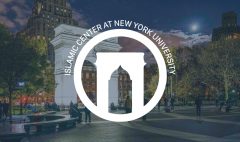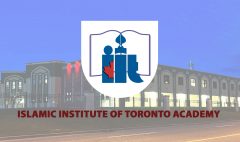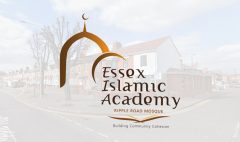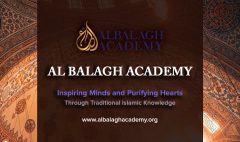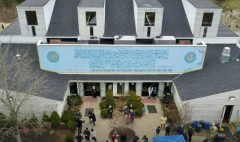Pathways for Mutual Respect
September 20, 2017 2023-07-12 16:21Pathways for Mutual Respect
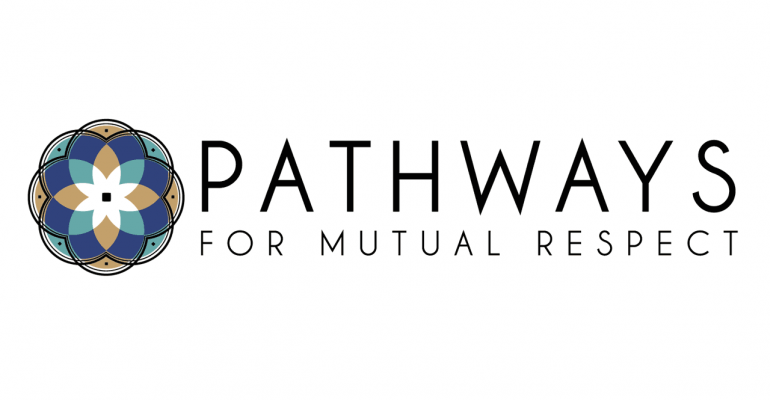
Pathways for Mutual Respect
Pathways for Mutual Respect (PFMR) is a non-profit organization aiming to cultivate peace by creating opportunities for the practice of mutual respect. It was founded in 2006 by a few likeminded people, led by John Hartley, the current director of PFMR. This organization transforms relationships among Muslims and Christians by empowering bold leadership toward peace, justice, and the common good. Leaders from Muslim, Christian and other religious and non-religious backgrounds who work in civil society, government, the academy and beyond take part in Pathways initiatives.
Our Story
This endeavor grew out of our executive director’s rare experience earning a graduate degree in history from the University of Isfahan in Iran. In 2006, he gathered an international team to start Pathways with the encouragement of his Muslim neighbors. Most of that work was done on a volunteer basis and was spurred by a shared ambition to leverage unique experience and expertise to make a lasting difference. Since then, Pathways has worked with leaders and organizations across the world, from Nigeria to Malaysia, New Haven to Lahore, catalyzing positive change in relations between Muslims, Christians and others in their communities. Pathways has collaborated with premier academic institutions, government agencies, regionally-grounded Islamic research centers, transnational religious networks, national religious organizations and local religious communities to train leaders from more than 30 countries. We put this experience to work empowering leadership for the common good that recognizes, honors, and crosses cultural and religious divides.
What We Do?
We create opportunities for extraordinary leadership.
– Empowering Leaders: We supply leaders with the resources to disrupt and preempt cycles of violence with courage and wisdom.
– Giving Ear & Voice: Intellectual capital and uncommon alliances give us unique influence with senior leaders, scholars and decision makers.
– Extending Networks: Our projects provide rare opportunity, based on truth, empathy and sobriety, to link networks and build trust across lines of difference and historical injury.
How do we work?
We empower leaders by enhancing their social, intellectual, emotional and spiritual capital. Cutting-edge research and innovative collaboration across cultural, religious and political boundaries ground all that we do. Controversy signals opportunity for advancement and healing. Leaders from Muslim, Christian and other religious and non-religious backgrounds who work in civil society, government, the academy and beyond take part in Pathways initiatives.
Who We Are
Our team members share many core values, yet come from a variety of cultural and religious backgrounds. We have lived and worked in a variety of Muslim-majority countries such as Iran, Turkey, Egypt, Jordan, Malaysia and Mali.
- Executive Director: John Hartley
John Hartley is our founding Executive Director. The power of religious and tribal dynamics feeding into broader conflict became real to John during the civil wars in Liberia. He partnered with refugee leaders in Cote d’Ivoire and local leaders in Liberia to develop leadership and capacity building projects that addressed fundamental challenges to community development and reconciliation (e.g., public health, education, self-help agriculture). Since then, John’s work and research have addressed similar dynamics across the world, from the US to Pakistan, Iran to Malaysia. As a scholar, John applies mixed methods to the study of religion, politics and global affairs with an emphasis on more conservative religious actors and their relations with other communities. His work stresses the ways religious belief, embodied dispositions and socio-political struggle over authority influence situational leadership.
Contacts
- Address: 315 Whitney Ave., New Haven, CT 06511, USA
- Phone: +1 203 737 0841
- Fax: +1 603 754 0840
- Email: info@pfmr.org
- Website: http://www.pfmr.org/


